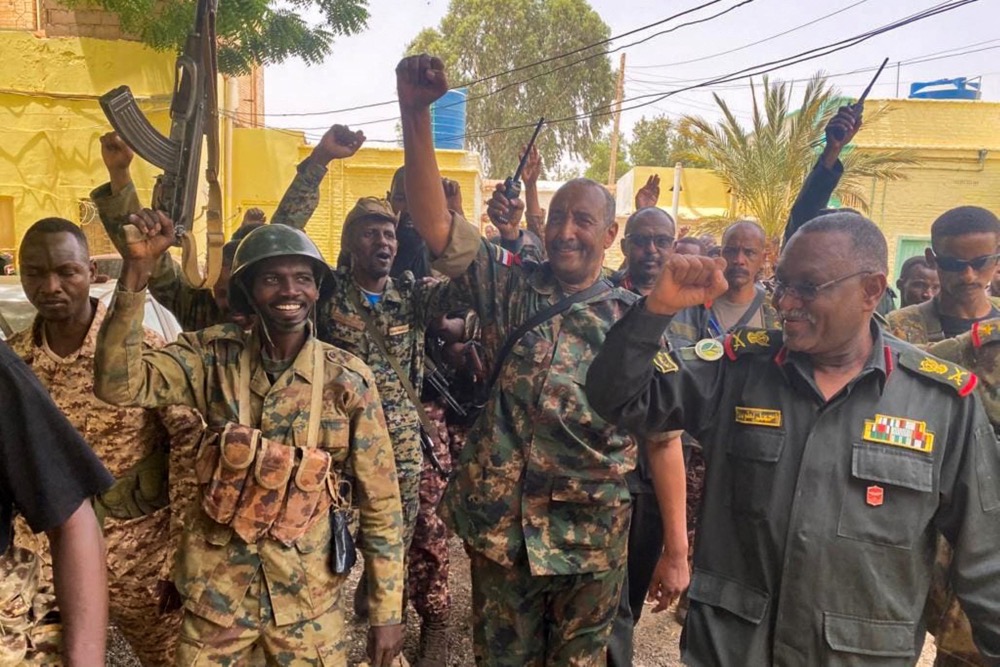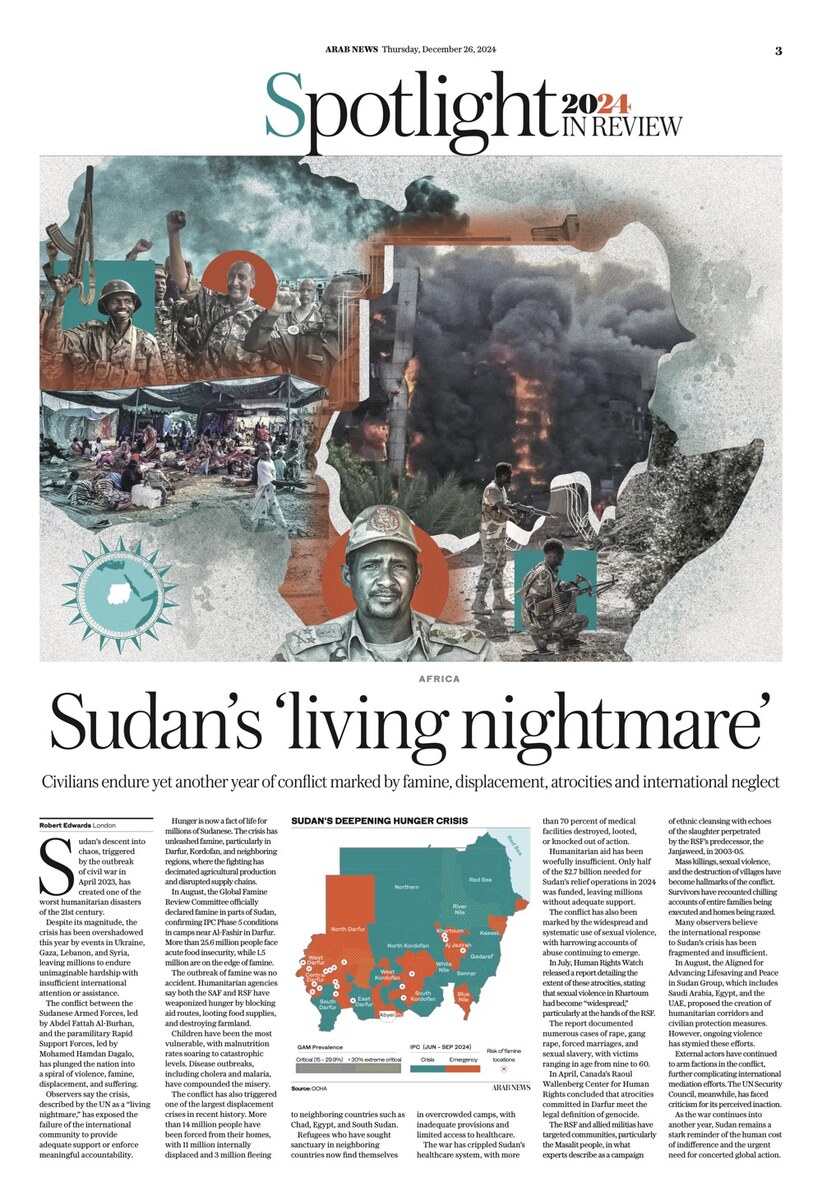TEHRAN: The first round of Iran’s presidential election revealed shrinking support for reformists and conservatives even though some voters are pushing for change by backing the sole reformist candidate, analysts say.
Masoud Pezeshkian, the reformist contender and ultraconservative Saeed Jalili, led the polls held on Friday to replace the late President Ebrahim Raisi, who died in a helicopter crash last month.
Friday’s vote, marked by a historically low turnout, “clearly shows that both reformists’ and conservatives’ bases have considerably shrunk,” said Ali Vaez of the International Crisis Group think tank.
In the lead-up to the election, Iran’s main reformist coalition supported Pezeshkian, with endorsements by former presidents Mohammed Khatami and Hassan Rouhani, a moderate.
FASTFACT
The combined votes of Saeed Jalili and Mohammed Baqer Qalibaf totaled 12.8 million.
“The reformists brought out the big guns and tried their best to mobilize their base,” Vaez said on social media platform X, but “it was simply insufficient.”
Likewise, the conservatives failed to garner sufficient votes “despite the tremendous resources they deployed,” he added.
Vaez pointed out that the combined votes of Jalili and conservative parliamentary speaker Mohammed Baqer Qalibaf, who came in third, totaled 12.8 million.
That figure was well below Raisi’s nearly 18 million votes in the 2021 election.
Of the 61 million eligible voters, only about 40 percent cast ballots, marking a record-low turnout in the country where some people have lost faith in the process. More than 1 million ballots were spoiled.
For Vaez, the decline in turnout, from around 49 percent in 2021, was “a real embarrassment for the leadership” in Iran, where ultimate political power lies with the supreme leader, Ayatollah Ali Khamenei.
Political commentator Mohammed Reza Manafi said Pezeshkian’s lead reflected a push for “fundamental changes” regarding the economy and relations with the rest of the world.
However, those favoring Pezeshkian “do not expect a miracle or a quick solution but hope he can gradually prevent conditions from worsening,” Manafi added.
Iran has been reeling from the economic impact of international sanctions, contributing to soaring inflation, high unemployment, and a record low for the Iranian rial against the US dollar.
The vote also came amid heightened regional tensions over the Gaza war between Israel and Hamas and diplomatic tensions over Iran’s nuclear program.
Pezeshkian, an outspoken heart surgeon who has represented the northwestern city of Tabriz in parliament since 2008, came out on top thanks to his “clean record without any accusations of financial corruption,” said Manafi.
Official figures showed Pezeshkian had 42.4 percent of the vote, against 38.6 percent for Jalili.
The reformists have urged “constructive relations” with Washington and European capitals to “get Iran out of its isolation.”
In contrast, Jalili is widely recognized for his uncompromising anti-West stance.
He is a former nuclear negotiator and a representative of Khamenei on the Supreme National Security Council, Iran’s highest security body.
During his campaign, he rallied a substantial base of hard-line supporters under the slogan “no compromise, no surrender” to the West.
He staunchly opposed the 2015 nuclear deal with the US and other world powers, which imposed curbs on Iran’s nuclear activity in return for sanctions relief.
At the time, Jalili argued that the pact violated Iran’s “red lines” by accepting inspections of nuclear sites.
The deal collapsed in 2018.
In a Sunday column in the ultraconservative Javan daily, political expert Ali Alavi hailed Jalili’s “honesty and truthfulness, unlike the others.”
The candidate also received support from Ghalibaf, who, after Saturday’s result, urged his support base to back Jalili in next Friday’s runoff.
Two ultraconservatives who dropped out a day before the election have also endorsed Jalili.
But on Sunday, the reformist newspaper Etemad quoted former vice president Isa Kalantari as warning against a continued conservative grip on the government.
“The country will be in peril and face numerous problems and challenges,” he said.
Vaez said the “Jalili fear factor can’t be overlooked.”
“Many who didn’t vote in this round might vote in the next one: not because they hope for better, but because they fear the worst.”
Political analyst Mohammad Marandi, however, said Jalili may not be “the sort of radical that is depicted by his opponents.”
Marandi believes that under either of the two candidates, Iran will “continue to pursue strong ties with the Global South” countries.
He added that they “will still attempt to see what can be done with the nuclear deal,” though Jalili “will just approach it with more skepticism.”



































